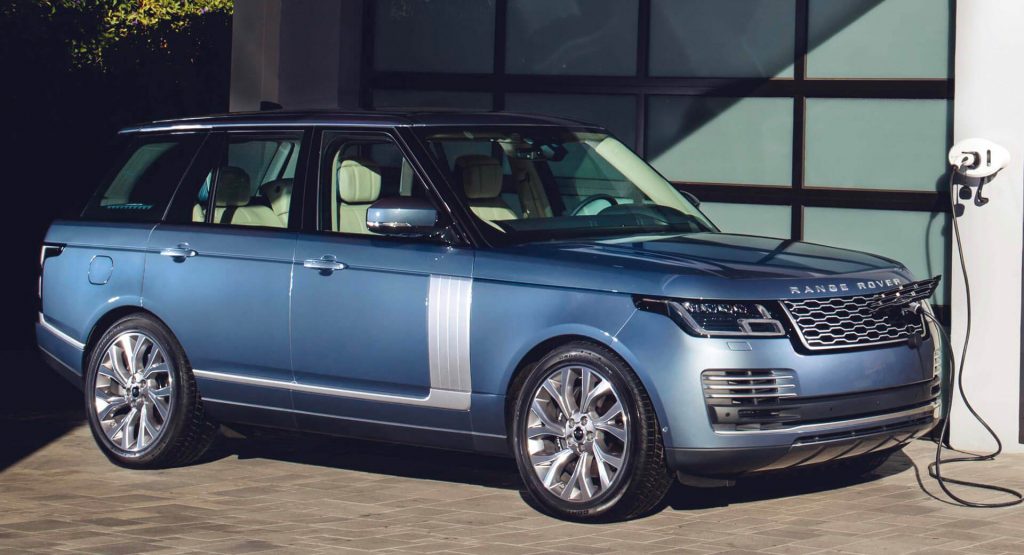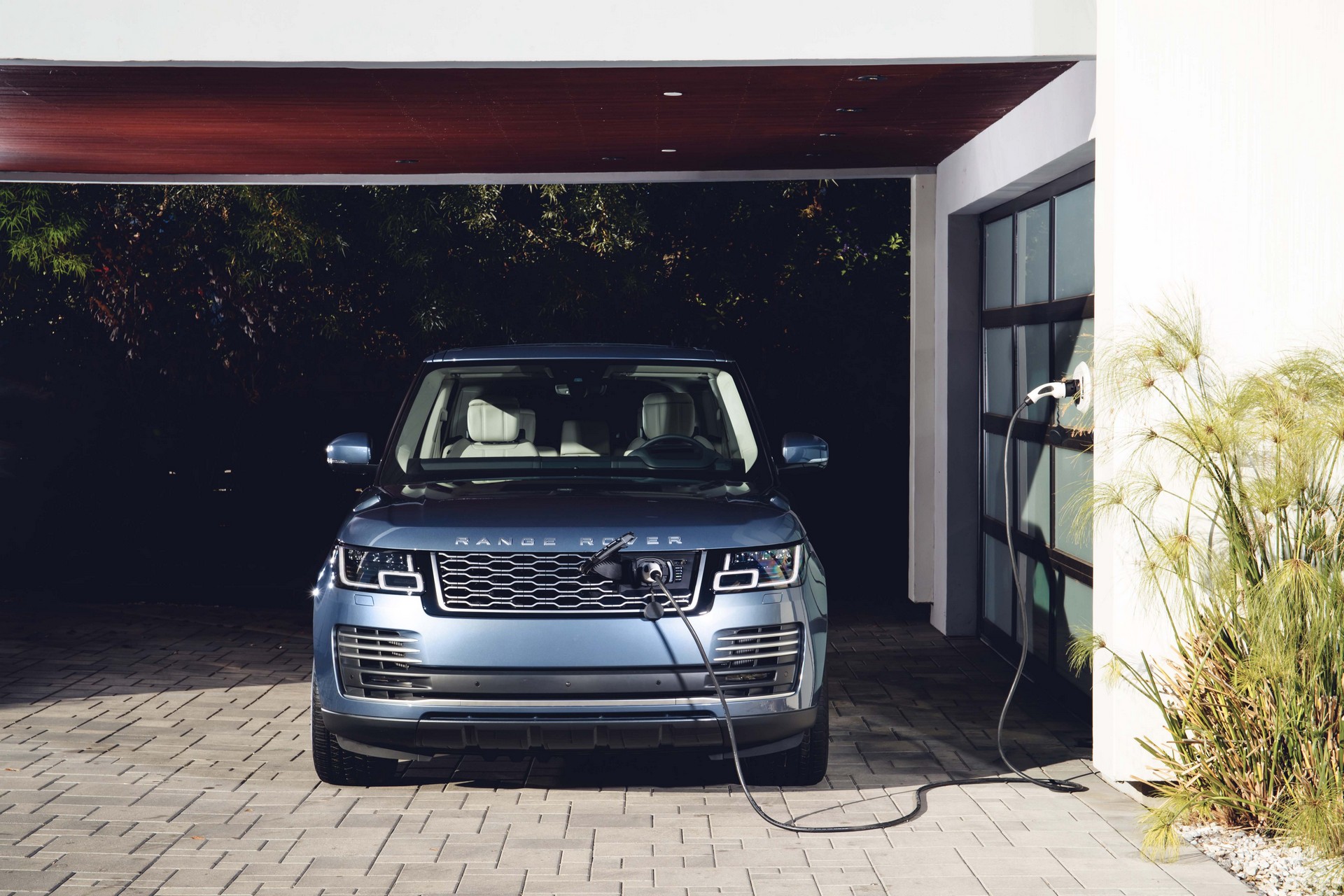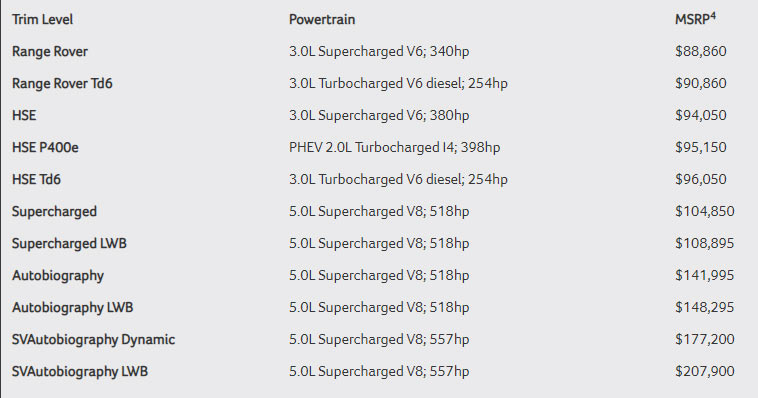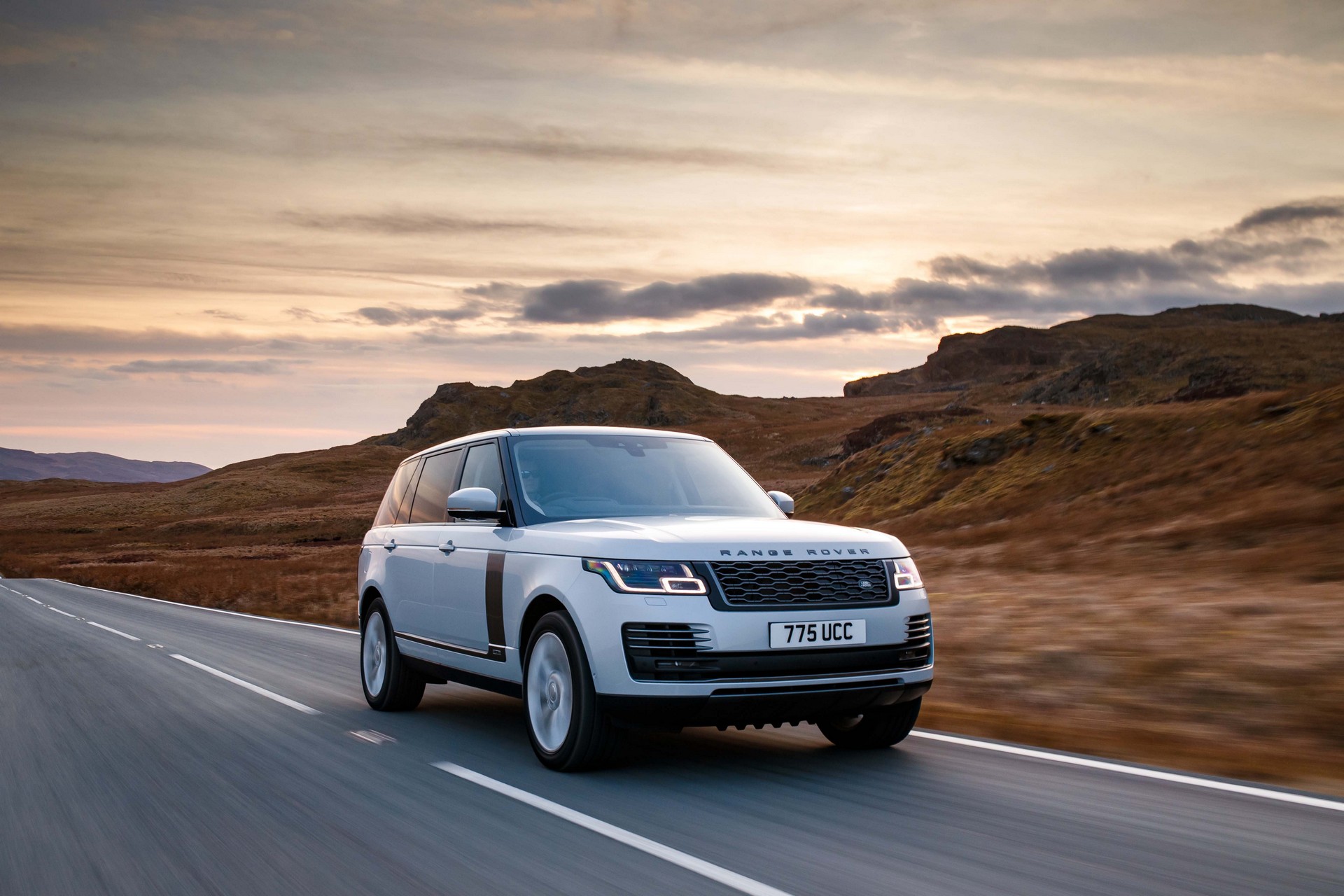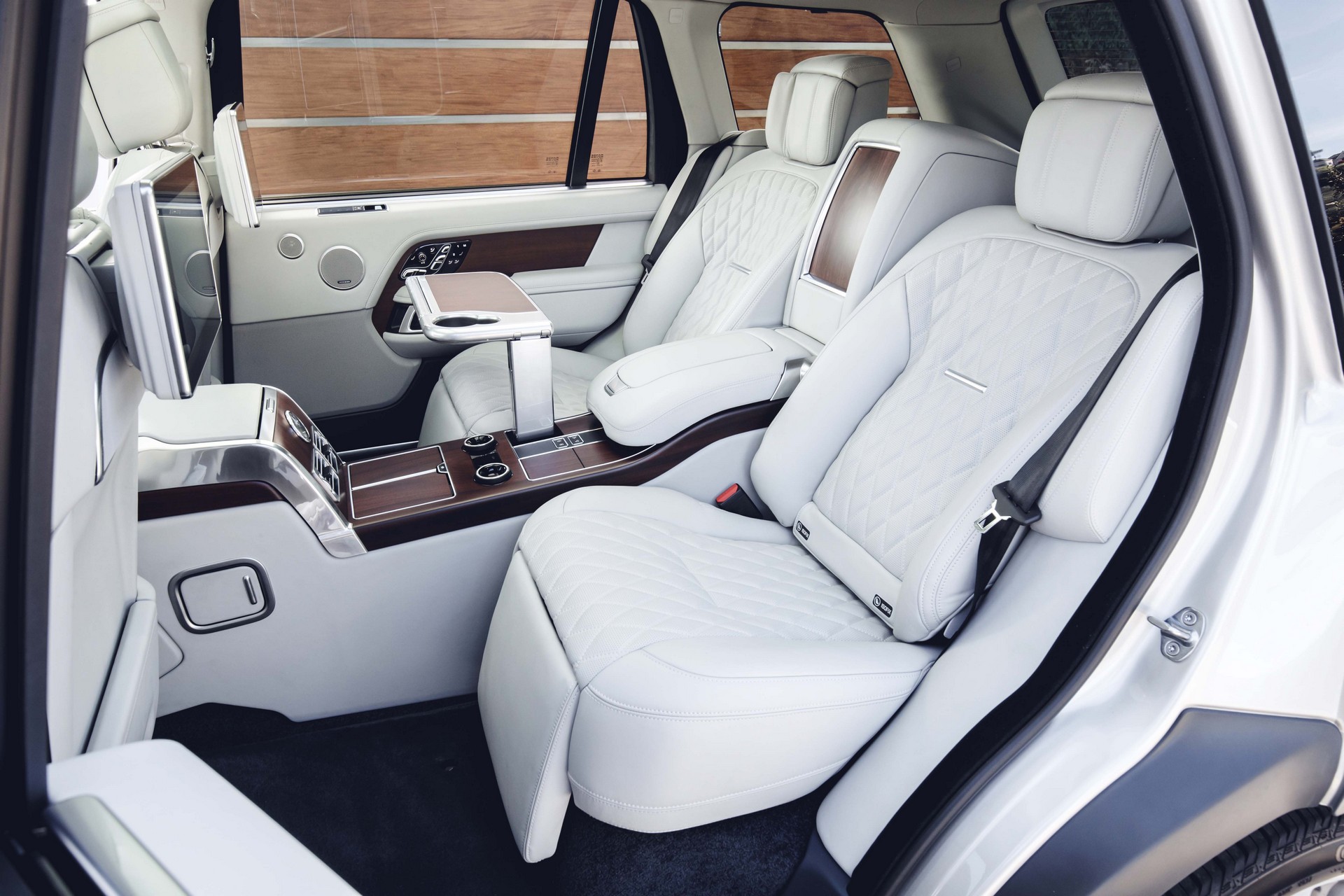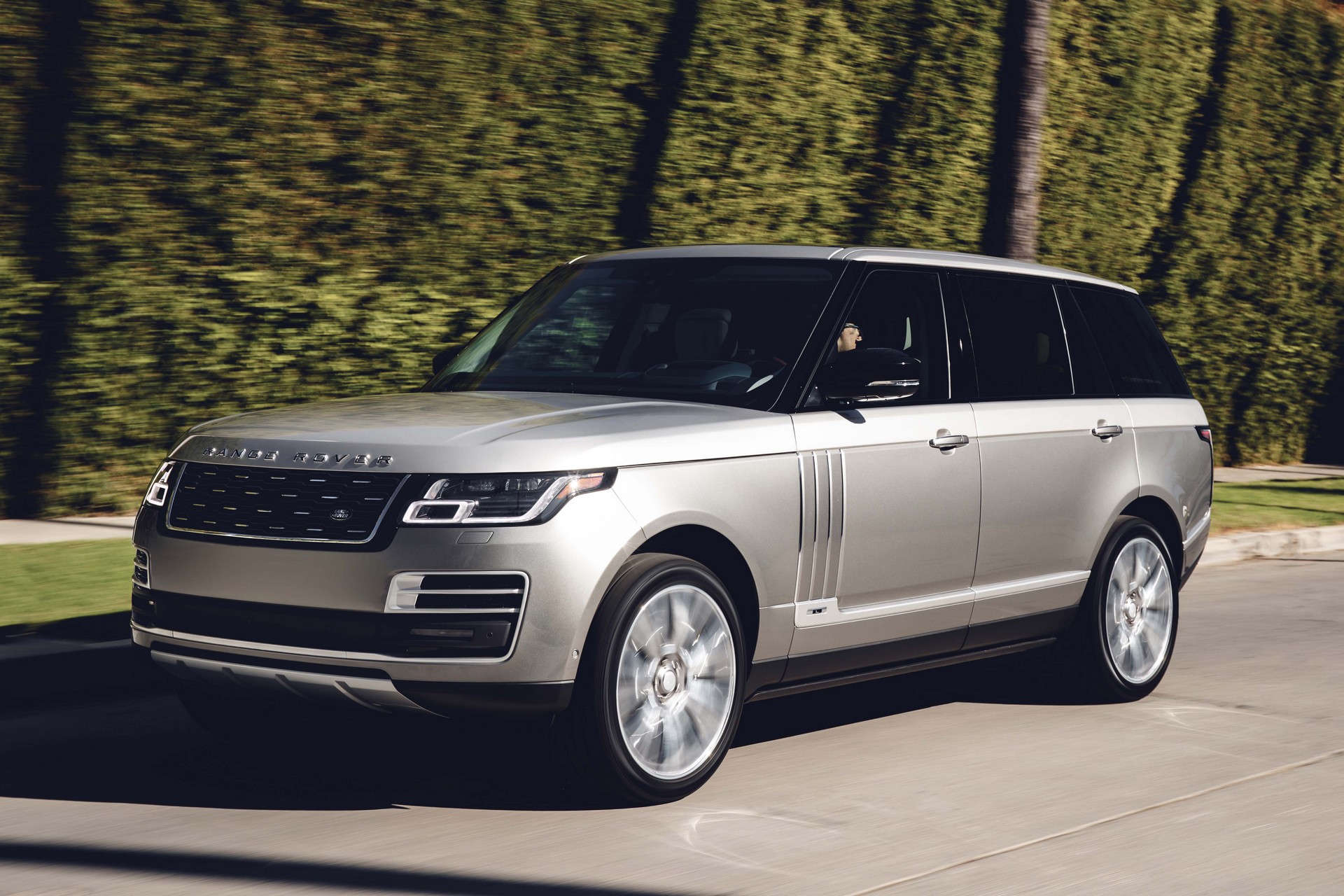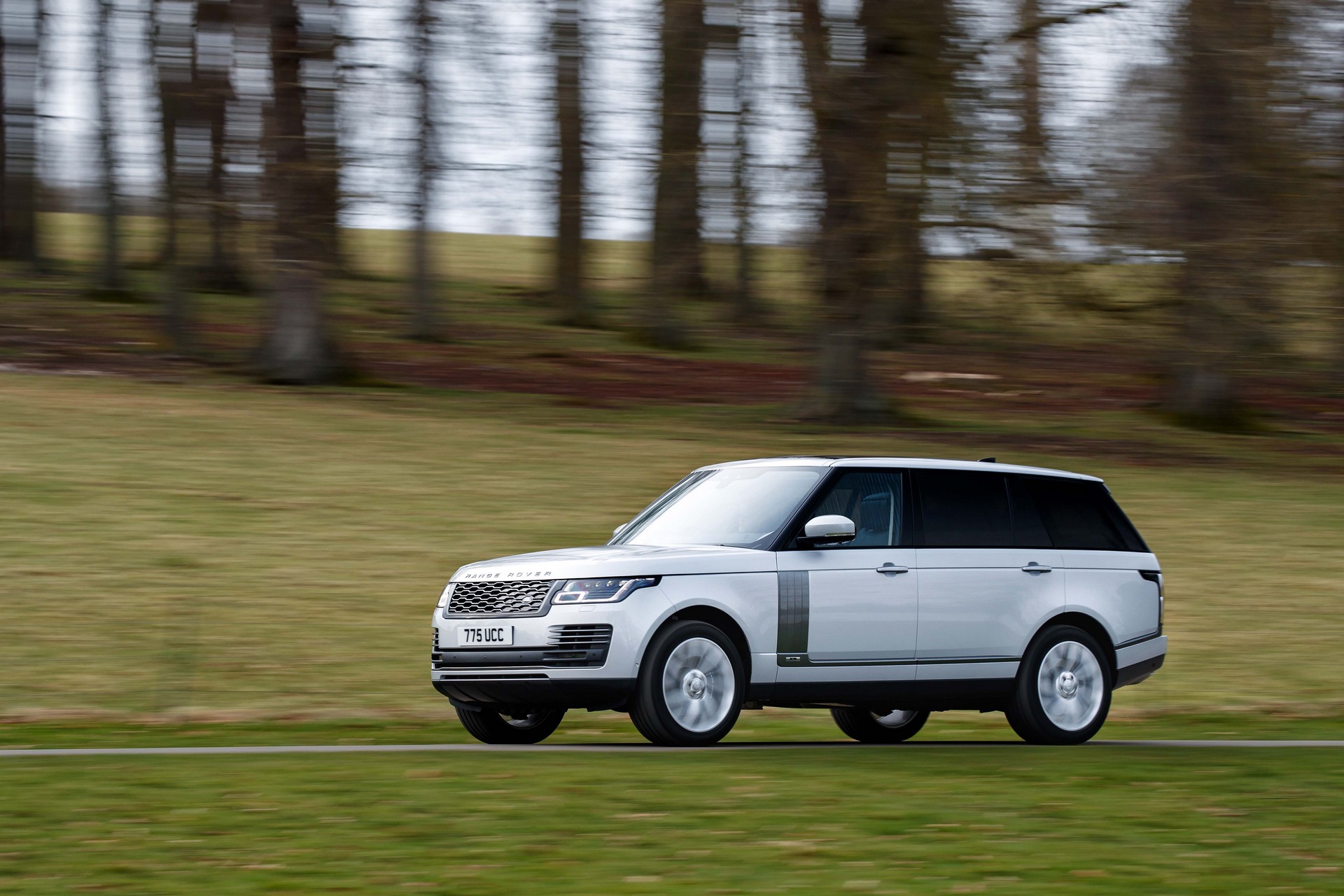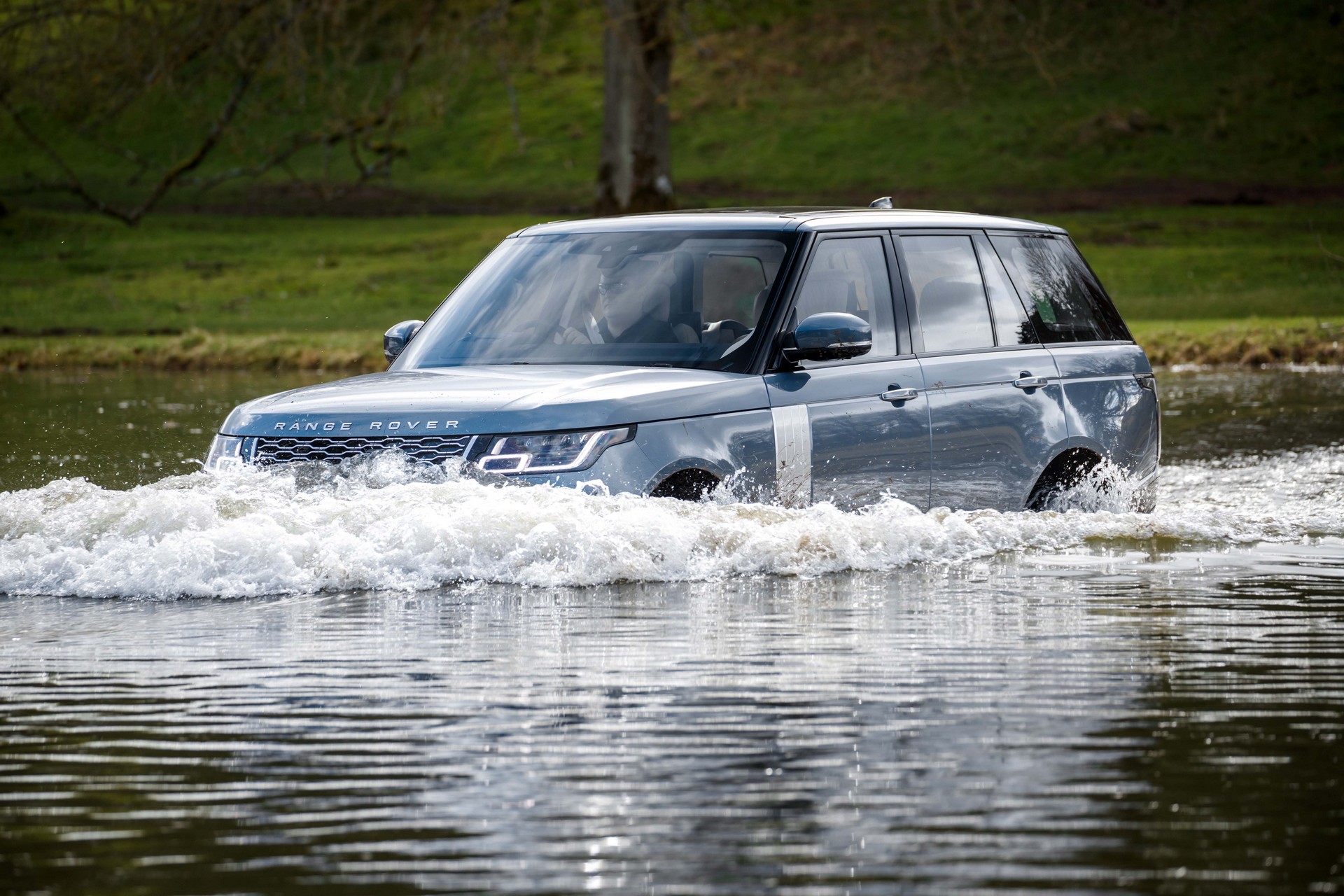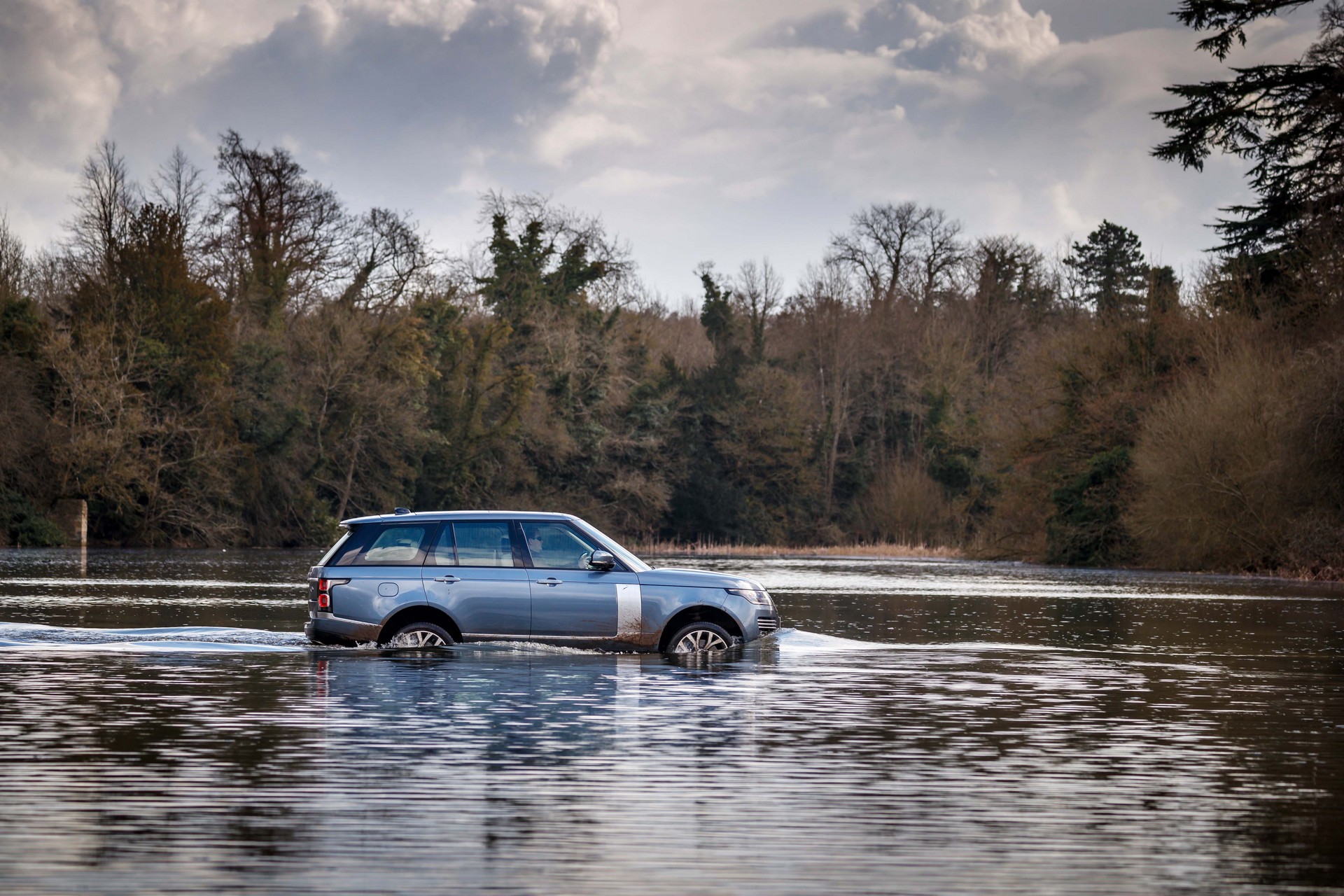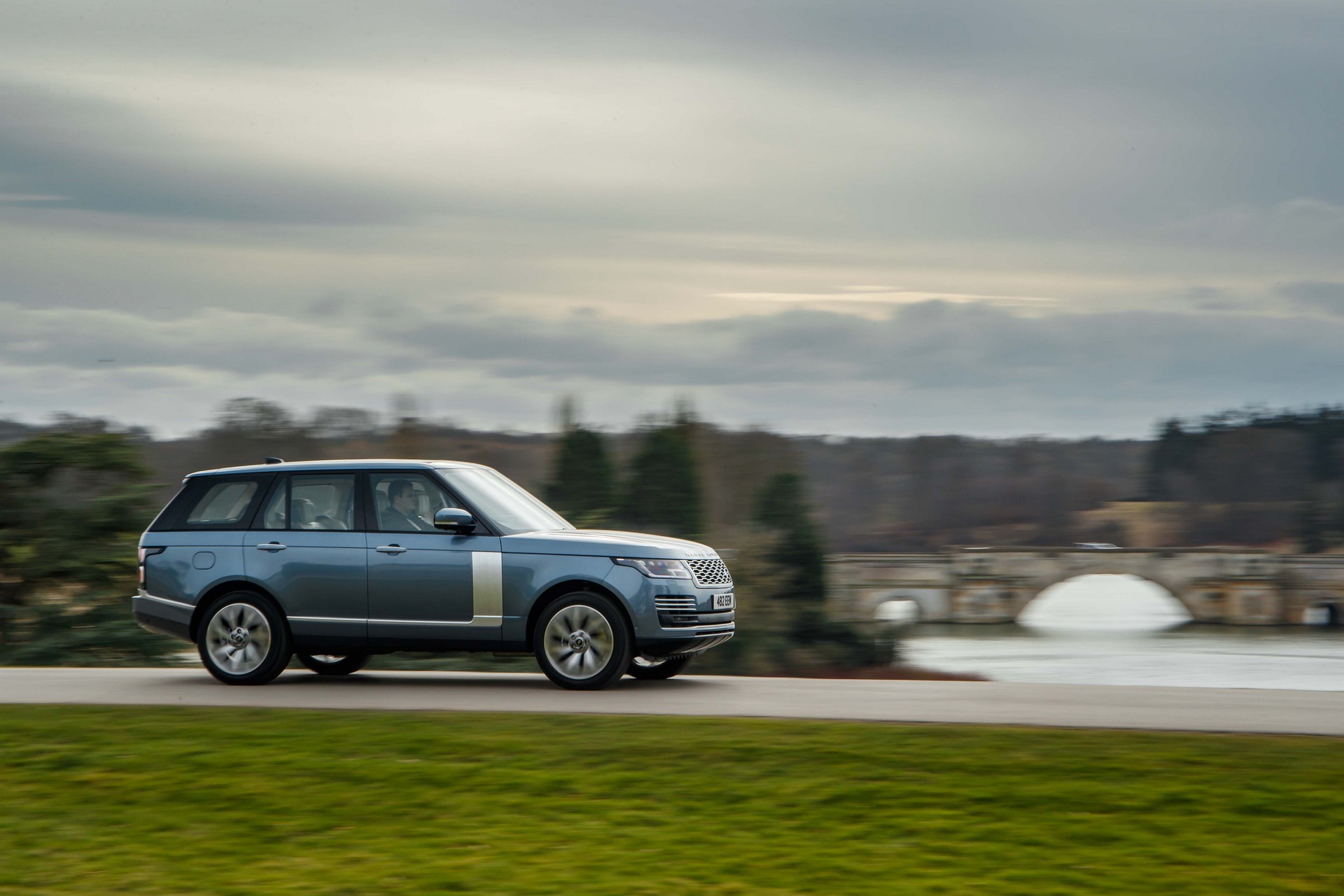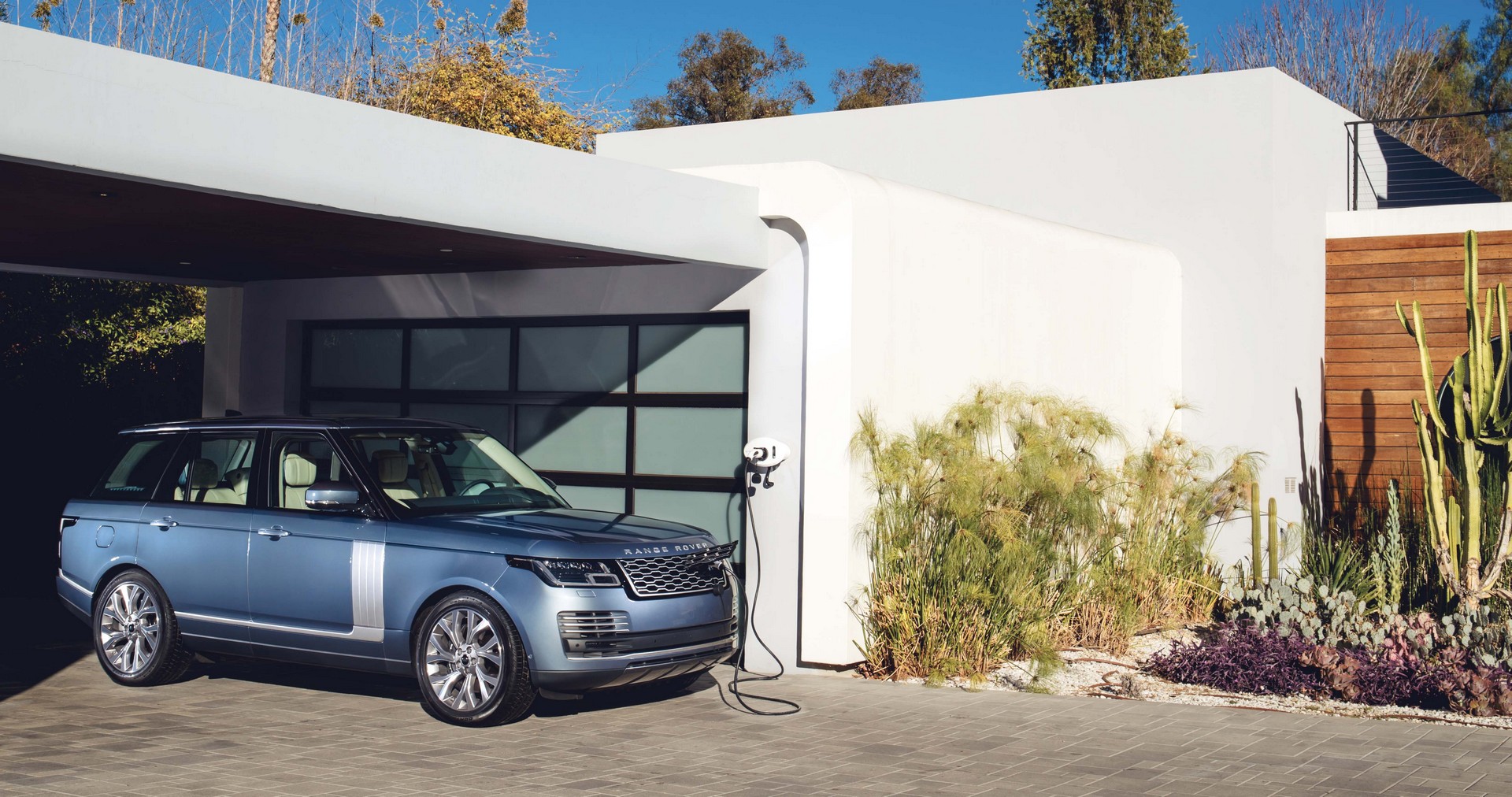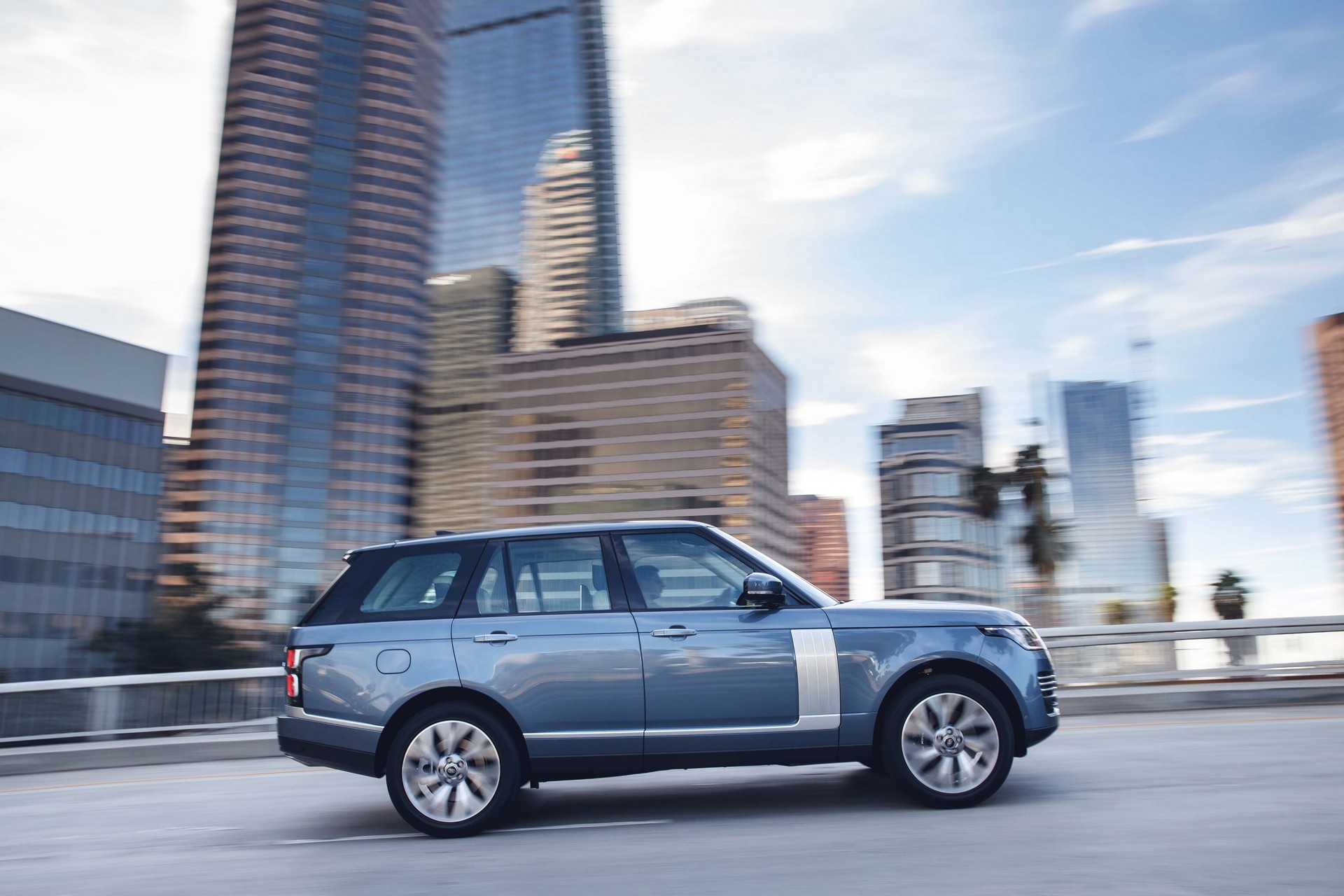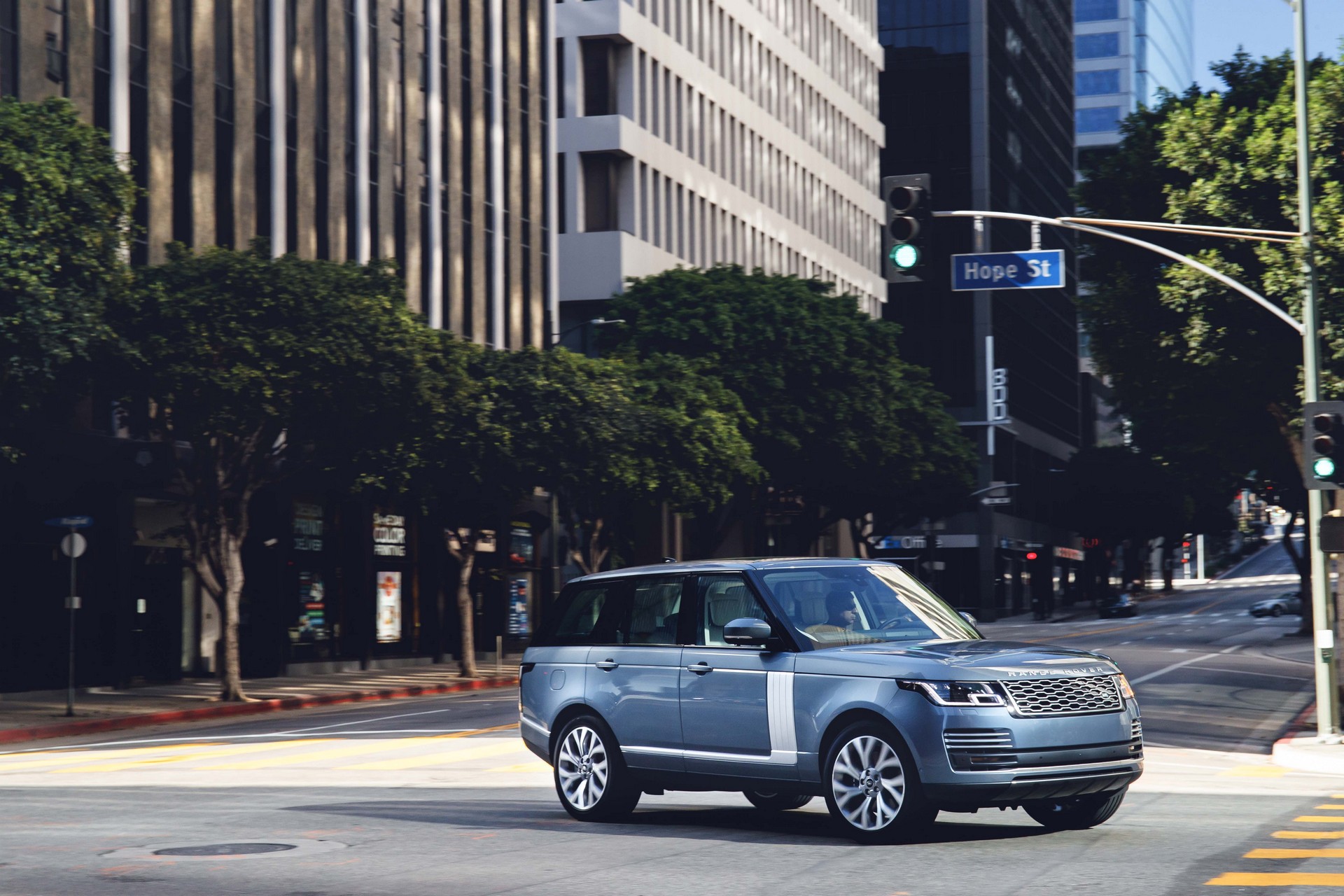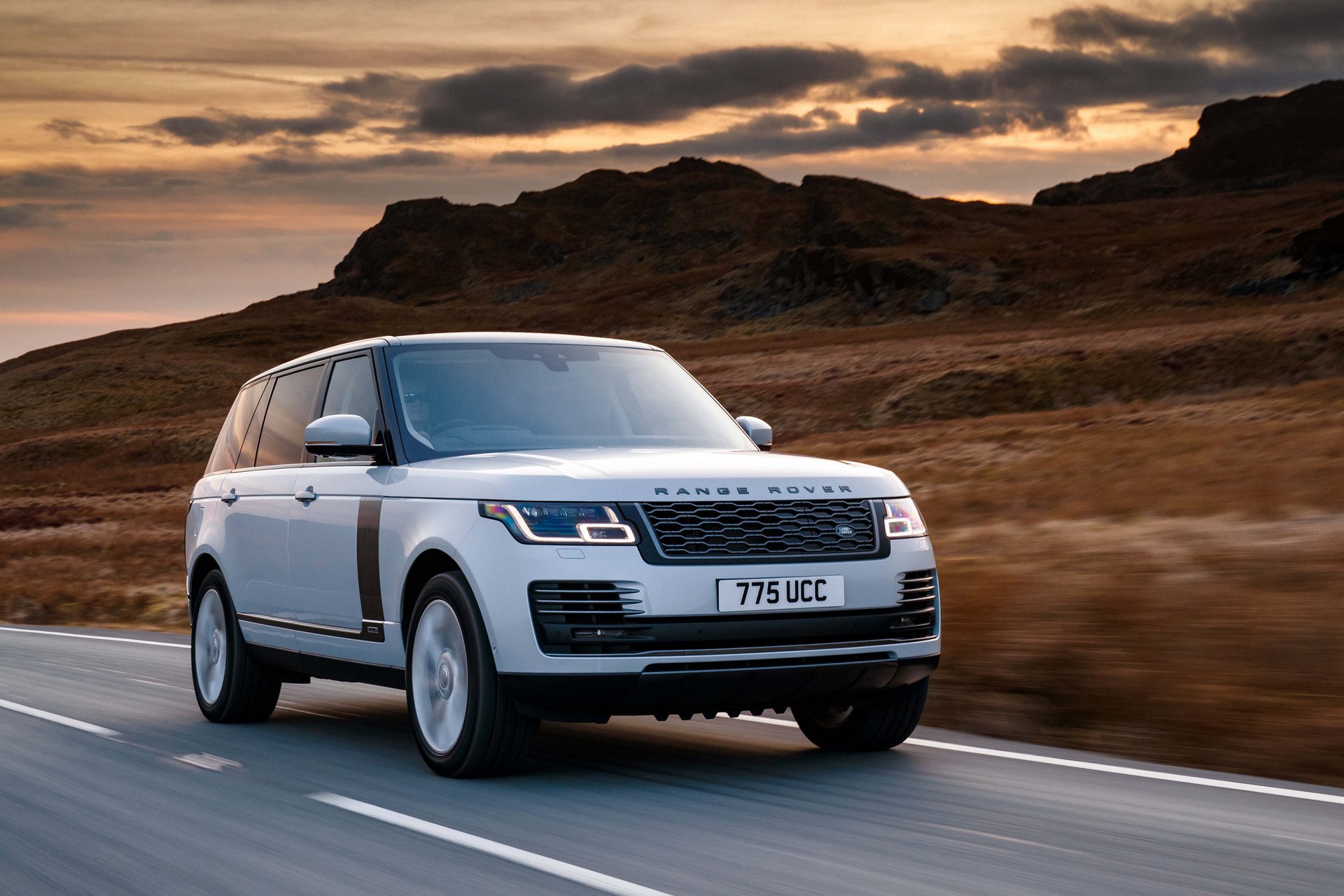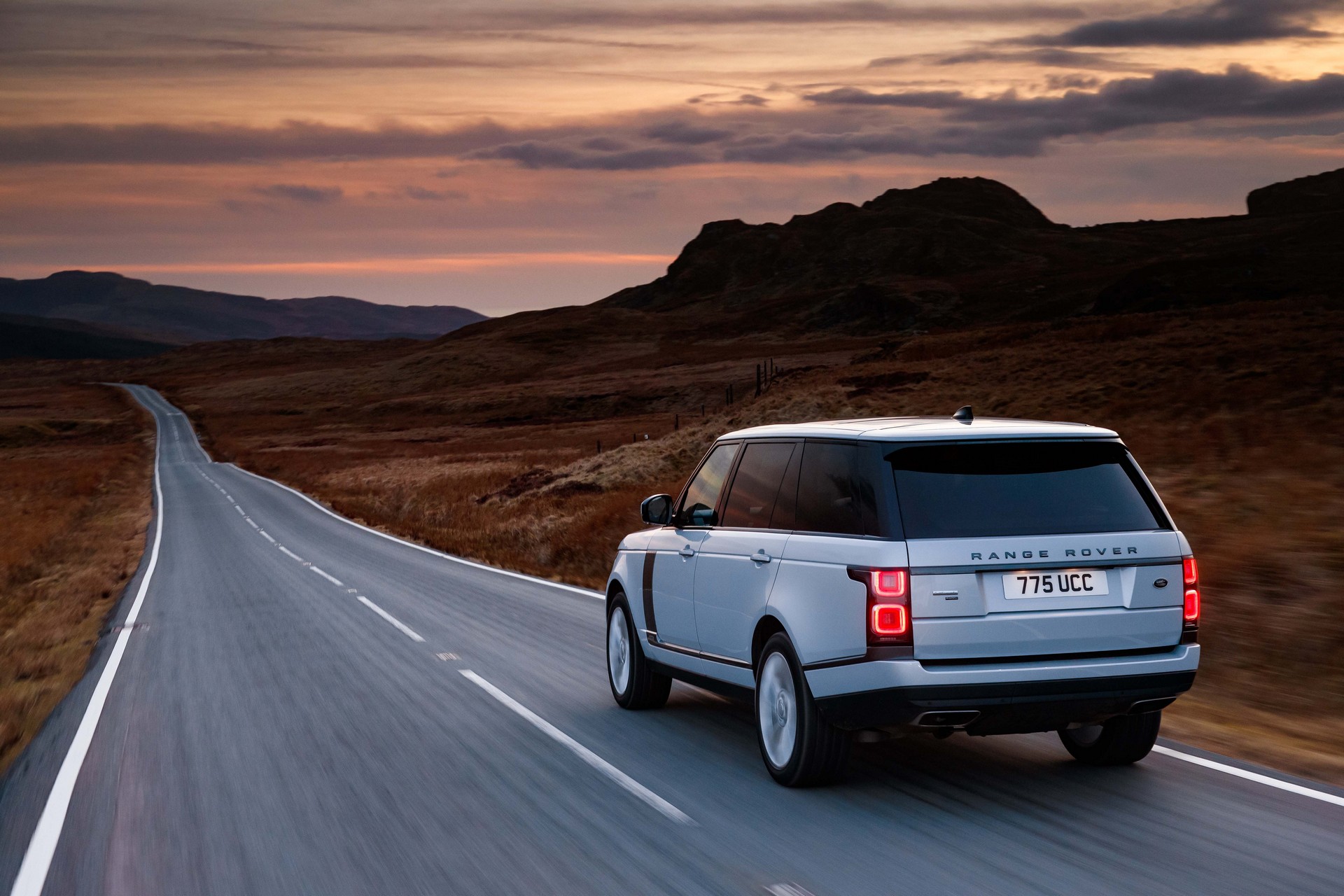Land Rover recently introduced the 2019 Range Rover and the company has now announced the model will be priced from $88,860 in the United States.
Since the Range Rover recently received a facelift and an updated interior, this year’s changes are relatively minor. However, the big news in the addition of the Range Rover HSE P400e.
Priced from $95,150, the Range Rover HSE P400e is a plug-in hybrid that features a turbocharged 2.0-liter four-cylinder with 296 hp (221 kW / 300 PS) and an electric motor that produces 141 hp (105 kW / 143 PS). This setup enables the model to have a combined maximum output of 398 hp (297 kW / 115 PS) and 472 lb-ft (639 Nm) of torque.
In terms of performance, the SUV can accelerate 0-60 mph (0-96 km/h) in 6.4 seconds before hitting a top speed of 137 mph (220 km/h). More importantly, the 13.1 kWh lithium-ion battery pack enables the plug-in hybrid to travel up to 31 miles (51 km) on electricity alone.
The Range Rover HSE P400e operates in two modes. The Parallel Hybrid mode seamlessly uses both two power sources, while EV mode focuses on using the electric motor. The model also features a Save function which allows the Range Rover to keep its battery charged for a specific part of a journey – such as congested urban areas.
Speaking of the battery, Land Rover says it can be fully recharged in approximately 2 hours and 45 minutes using a 220V / 32 Amp charger. Owners can monitor the charging status using the Land Rover InControl Remote app or by looking at lights around the charging port.
Besides the P400e, other new additions for 2019 include an optional Wade Sensing system which uses sensors on the the door mirrors to provide real-time wading depth information via a dedicated display on the infotainment system.
The 2019 Range Rover lineup will also be offered with a new Driver Assist Pack which combines all the features of the Drive Pro and Park Pro packs. The new package also includes Adaptive Cruise Control with Steering Assist. The system helps keep the Range Rover centered in its lane by applying “moderate steering interventions” at speeds up to 112 mph (180 km/h).”




